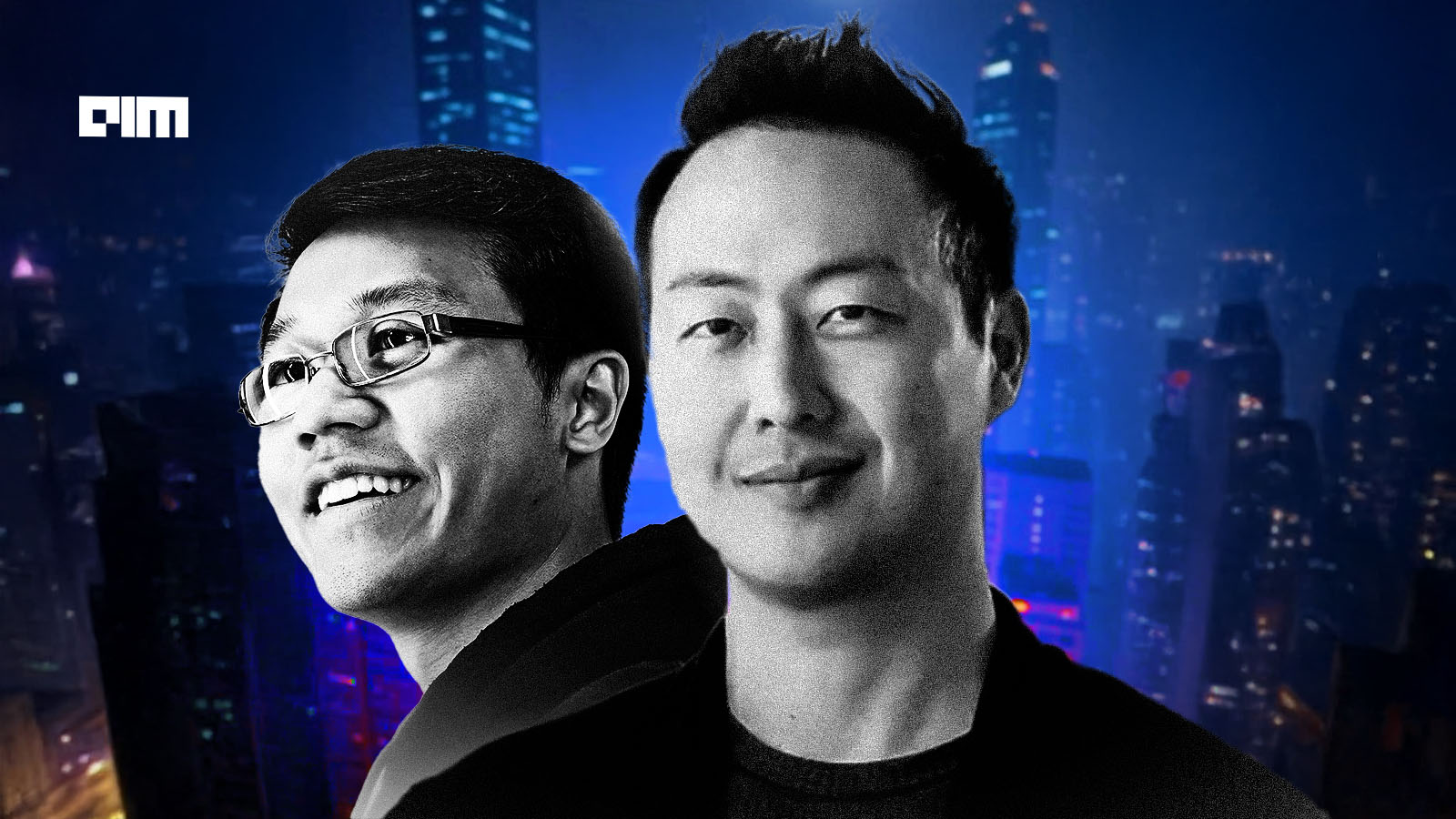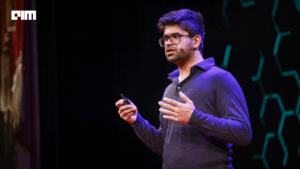Just after the market closed on a Friday, Google confirmed it had hired the startup’s CEO Varun Mohan, co-founder Douglas Chen, and a group of core engineers to join its DeepMind team. The arrangement, valued at 2.4 billion dollars in licensing and compensation, stopped short of a full acquisition and left behind the rest of the company. For employees still at Windsurf, many of whom had joined within the last twelve months, there were few answers and no immediate signs of compensation.
The startup had been considered one of the fastest-growing players in AI development tooling. Its agentic IDE gained early traction with enterprise users and was reportedly in talks with OpenAI for a three billion dollar acquisition earlier this year. That deal fell through in part due to tensions with Microsoft, according to Bloomberg. With Google now taking the founding team and Windsurf’s access to foundation model APIs reportedly under pressure, the company was left in a vulnerable position.
The Google news broke publicly on Friday afternoon. That same evening, internal Slack channels at Windsurf began lighting up with concern. Some employees believed they had been left with “total zeros.” Many had joined just before the company’s November 2024 product launch and had not yet crossed their one-year vesting cliffs. The original OpenAI deal had created expectations of a significant exit. What followed felt like an abrupt erasure.
“We had to tell the team, this is the path forward immediately because this is happening now,” Jeff Wang, who stepped in as interim CEO, recalled. “Outside of the meeting, I was thinking, who do I need to talk to? What is the best use of my time?”
By late Friday night, Wang had started taking calls. According to him, he was on the phone for nearly 24 hours straight. His goal was to find a path that protected the remaining team and preserved the product. “I can tell you I was on the phone pretty much nonstop after the all-hands,” he said. “Me and Scott worked really fast. We met at our office the next day. He even brought everything in on a piece of paper to sign.”
Scott Wu, CEO of Cognition, described the process as urgent but deliberate. “Naturally, because it has to be this way, we got things signed like one or two hours before we were able to put out the announcement,” Wu said.
By Monday morning, the acquisition was finalized. Cognition announced it had acquired Windsurf in full, including its intellectual property, brand, commercial business, and remaining team. The deal was not disclosed publicly until after Windsurf held its own internal all-hands, out of respect for the employees who had weathered the weekend in limbo.
“This is a real acquisition. We are being acquired by Cognition,” Wang said in a podcast with TBPN shortly after the news was shared with employees. “It was a tough Friday. I don’t think anybody would want to be in my shoes. But we talked to a lot of teams. After talking to Scott and the Cognition team, in my mind, it was a done deal. Cognition was probably the only other team we thought was smarter than our team, actually.”
Cognition, best known for Devin, its autonomous AI coding agent, is backed by 8VC, Founders Fund, and Khosla Ventures. It last raised hundreds of millions at a valuation of four billion dollars. The company had long admired Windsurf’s work, and the two teams shared a mutual investor in Founders Fund.
In a memo to Cognition employees, Wu emphasized the structure of the acquisition was designed with employee equity and retention in mind. All Windsurf employees would participate financially, cliffs were waived, and vesting fully accelerated. Those without equity would receive stock grants based on tenure.
“Every new employee of Cognition will be treated the same way as existing employees,” Wu wrote. “After today, our efforts will be as a united and aligned team. There’s only one boat and we’re all in it together.”
Windsurf had reached 82 million dollars in annual recurring revenue, with enterprise ARR doubling quarter over quarter. Its customer base included more than 350 enterprises and hundreds of thousands of daily active users. Its go-to-market model was built on a 100 percent channel partner strategy.
“We made a decision to go 100 percent partner-based back in February,” Wang explained. “It took from Q1 to Q2 to get top-priority partners. Some of them are already bringing in seven-figure deals even without trying the product. They just go to their customers, ask what they want, and say, ‘It’s Windsurf.’ And now they can say, ‘Windsurf and Devon.’ That’s amazing.”
Strategically, the product fit between the two companies was tight. While Cognition focused on remote autonomous agents capable of end-to-end development cycles, Windsurf built its product directly into the IDE, making AI assistance more embedded in the engineer’s day-to-day workflow.
“There’s the code, there’s the product, there’s the customers, most importantly, there’s the whole team,” Wang said. “It’s an amazing product, and there’s a lot to do and a lot to build together.”
Cognition plans to integrate Windsurf’s agentic IDE into Devin, creating a unified platform for developers to plan, delegate, generate, and review code all in one environment. “You can have an agent work and then review the code locally in your IDE,” said Wang. “You can do a first pass with an agent, then finish it with tab and other features. We’re excited to build that out together.”
In a memo to Cognition employees, CEO Scott Wu emphasized that the deal had been structured to prioritize fairness and transparency for every remaining member of the Windsurf team. All Windsurf employees would participate financially in the acquisition, regardless of role or tenure. Standard one-year vesting cliffs were waived, and full accelerated vesting was granted for everyone’s contributions to date. For team members who did not previously hold equity, Cognition issued new grants based on time served at the company.
“Every new employee of Cognition will be treated the same way as existing employees,” Wu wrote. “With transparency, fairness, and deep respect for their abilities and value.”
Windsurf’s employees had been bracing for the worst after the Google deal. Many feared they had lost out entirely, especially those who had joined just before the product launch in November and hadn’t crossed standard vesting thresholds. The decision by Cognition to waive those cliffs and extend full financial participation marked a rare intervention in a startup environment increasingly shaped by nontraditional acquisition structures.
“There was a standing ovation,” Jeff Wang said, reflecting on the Monday all-hands. “The team is even more fired up.”
Across the industry, the speed of the turnaround stood out. Some employees had begun comparing the Friday Google deal to a “ghost ship” scenario. By Monday, the Windsurf entity had been fully re-capitalized, with a strategic buyer and a new leadership structure.
The saga also reignited debate over startup equity structures and vesting policies. Many early Windsurf employees had joined in 2024 and believed they were building toward a breakout exit. When the Google deal appeared to leave them behind, it exposed the risks of traditional one-year cliffs in an environment where AI companies scale and exit within months.
The Cognition-Windsurf resolution, while exceptional, also drew contrast with other recent talent-focused deals. Meta’s 14.3 billion dollar arrangement with Scale AI, Google’s multi-billion dollar investment in Character AI, and Amazon’s agreement with Adept all followed similar patterns structured as investments or licensing to sidestep regulatory scrutiny. But those structures have also sparked concerns about fairness to remaining employees.
In Windsurf’s case, Wu and Wang worked over the weekend to avoid that outcome. “Among all the teams in the AI space, Cognition was literally the one we have respected the most,” Wang wrote in an email to employees. “And they are a perfect fit to bring Windsurf to the next phase.”
With the acquisition closed, both companies now begin the process of integration. Branding decisions are still being discussed, but the current plan is to keep Windsurf as a distinct product within the Cognition ecosystem while aligning teams across product, engineering, sales, and enterprise support.“There’s much more to do ahead, and the work won’t be easy,” Wu said. “But today is a huge win for all of us in the positive-sum game we’re playing.”
Windsurf’s remaining team is now part of one of the most closely watched companies in the AI agent space. The Slack emojis, as Wang put it, are still “ripping.”










